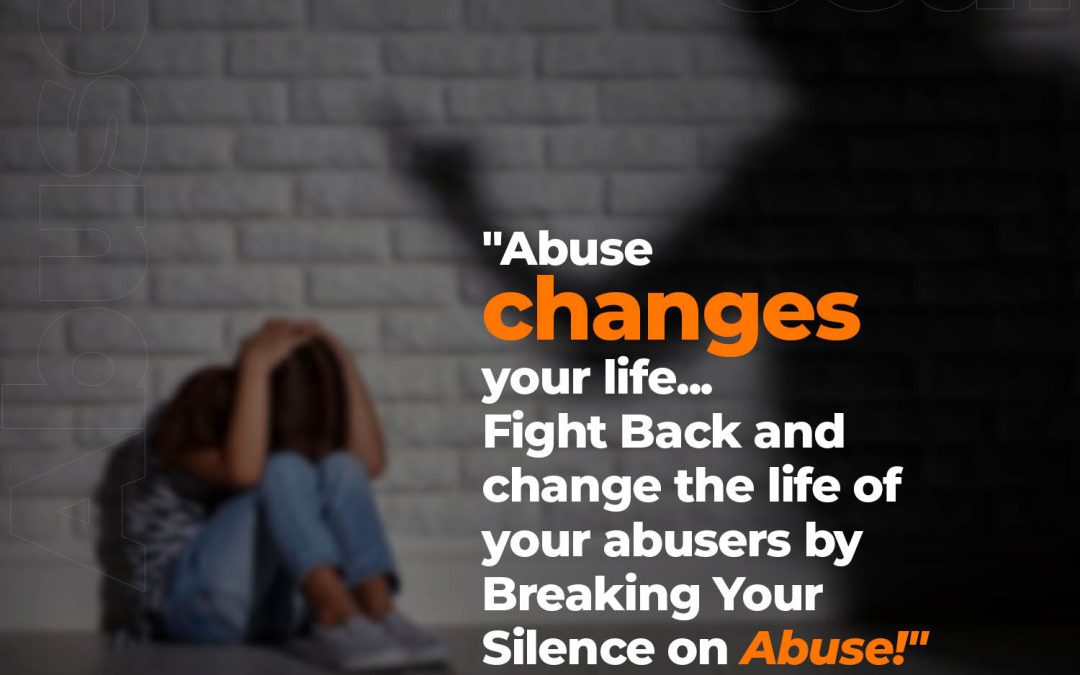The ramifications of domestic violence extend far beyond the immediate victimization, permeating every facet of survivors’ lives. Physical injuries may heal, but the psychological scars endure, often leading to depression, anxiety, post-traumatic stress disorder (PTSD), and substance abuse. Children exposed to domestic violence are particularly susceptible to developmental, behavioral, and emotional challenges, perpetuating the cycle of abuse across generations. Moreover, economic instability and social alienation exacerbate survivors’ struggles to rebuild their lives and break free from abusive relationships.
Addressing the Epidemic:
Addressing domestic violence demands a multifaceted approach encompassing prevention, intervention, and support mechanisms. Education and awareness initiatives must challenge societal norms that perpetuate violence and promote healthy relationship dynamics. Comprehensive legal frameworks are essential to hold perpetrators accountable and safeguard survivors’ rights. Accessible and culturally sensitive support services, including shelters, counseling, and legal aid, are indispensable in empowering survivors to reclaim their autonomy and rebuild their lives.
Conclusion:
Domestic violence constitutes a grave violation of human rights, depriving individuals of their inherent dignity, safety, and agency. Eradicating this epidemic necessitates collective action, solidarity, and unwavering commitment from governments, communities, and individuals alike. By amplifying survivors’ voices, challenging systemic injustices, and fostering a culture of respect and equality, we can strive towards a future free from the scourge of domestic violence, where every individual can live free from fear and violence in their homes and relationships.

